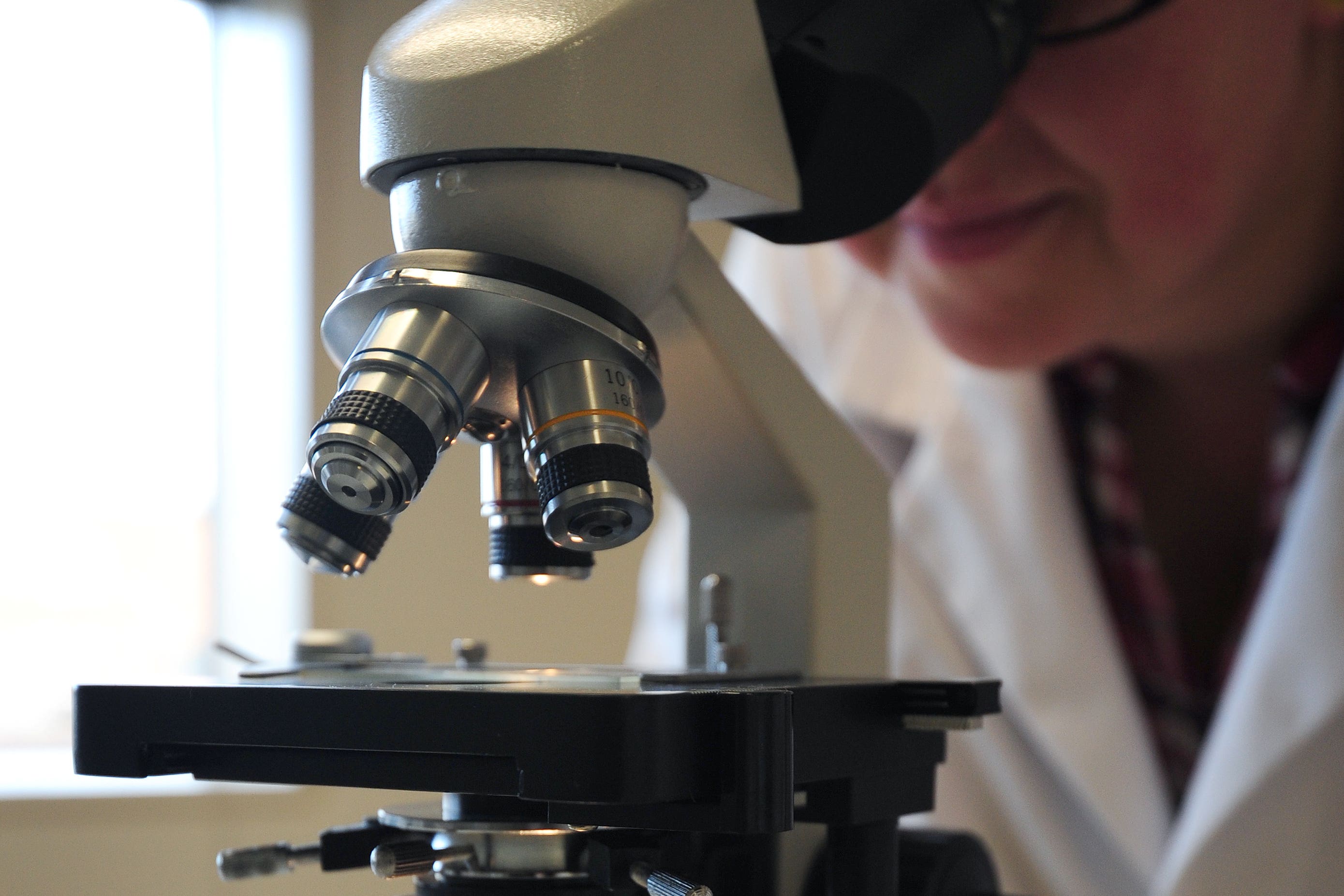New compound may help nerves regenerate after injury – scientists
Scientists said the chemical compound, named 1938, activates biological mechanisms that helps control cell growth.

Your support helps us to tell the story
From reproductive rights to climate change to Big Tech, The Independent is on the ground when the story is developing. Whether it's investigating the financials of Elon Musk's pro-Trump PAC or producing our latest documentary, 'The A Word', which shines a light on the American women fighting for reproductive rights, we know how important it is to parse out the facts from the messaging.
At such a critical moment in US history, we need reporters on the ground. Your donation allows us to keep sending journalists to speak to both sides of the story.
The Independent is trusted by Americans across the entire political spectrum. And unlike many other quality news outlets, we choose not to lock Americans out of our reporting and analysis with paywalls. We believe quality journalism should be available to everyone, paid for by those who can afford it.
Your support makes all the difference.Scientists have identified a new chemical compound that can help nerves regenerate after injury.
The compound, named 1938, activates biological mechanisms that helps control cell growth.
The researchers said their findings, published in the journal Nature, showed 1938 increased growth in nerve cells.
They also found that it reduced heart tissue damage after major trauma in animal models and regenerated lost motor function.
For the study, researchers from University College London (UCL) and MRC Laboratory of Molecular Biology (MRC LMB), worked with experts from AstraZeneca to screen thousands of molecules from its chemical compound library.
They created a compound that could activate a pathway, known as phosphoinositide 3-kinase (PI3K) signalling pathway, that is involved in cell growth.
PI3K is a type of enzyme that helps to control cell growth.
The effects of the PI3K pathway were assessed through experiments on heart tissue and nerve cells.
There are currently no approved medicines to regenerate nerves, which can be damaged as a result of injury or disease, so there's a huge unmet need
The researchers said they found that administering 1938 during the first 15 minutes of blood flow restoration following a heart attack provided substantial tissue protection.
Normally, dead tissue can form when blood flow is restored – which can lead to heart problems later in life.
When 1938 was added to lab-grown nerve cells, the team also found that it increased nerve growth significantly.
The researchers also tested a rat model with a sciatic nerve injury and found that adding 1938 to the injured nerve resulted in increased recovery in the hind leg muscle.
The researchers said this indicated nerve regeneration.
Professor James Phillips, of the UCL School of Pharmacy, who is a senior author of the study, said: “There are currently no approved medicines to regenerate nerves, which can be damaged as a result of injury or disease, so there’s a huge unmet need.
“Our results show that there’s potential for drugs that activate PI3K to accelerate nerve regeneration and, crucially, localised delivery methods could avoid issues with off-target effects that have seen other compounds fail.”